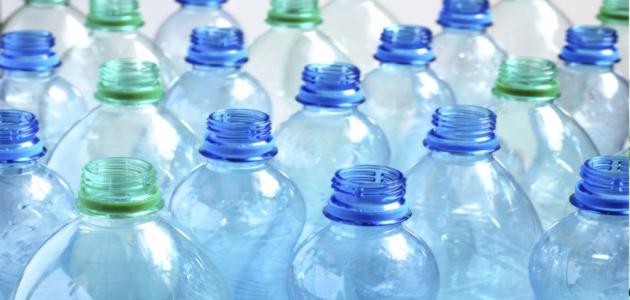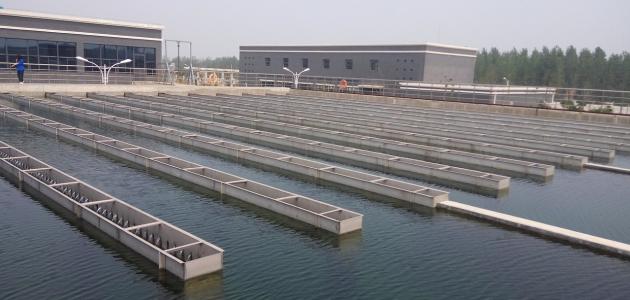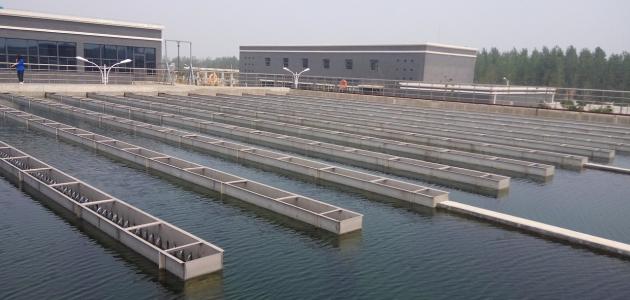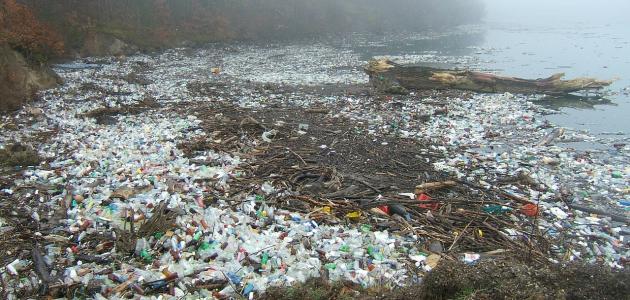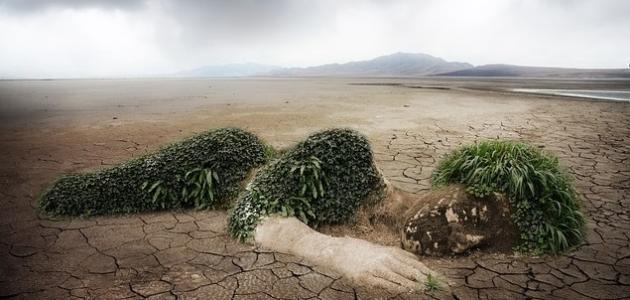spent oils
These are the oils that have lost all or some of their properties during operation, as the quality of the oils deteriorates, their viscosity changes, their acidity, the percentage of mineral impurities, and the water in them increase, and they are distinguished by their color changing to dark and their smell becoming strong and sharp and sediment abounds.
Used oils must be changed immediately, because they do not cover the need for their use, and with them the manifestations of wear and impurities in engines and machines increase, which impedes work and affects machines.
Oil recycling
It is the process of collecting spent oils and passing them through manufacturing processes that include filtration, hydrogenation and mixing with the aim of extracting valuable materials from it and separating them from useless materials in order to reuse them again. and protecting the environment from it.
The goal of recycling
- Reducing the rate of waste on the surface of the globe.
- Preventing spent oils from reaching agricultural lands, groundwater, and dam waters, as one gallon of spent oils is capable of polluting a million gallons of water.
- reduce the cost of production; Because the cost of recycled materials is less than the cost of new materials.
- Energy saving, as the energy required to produce refined materials is less.
Uses of refined oils
- As fuel for boilers in factories such as cement and iron factories.
- It is used for heating.
- It is used in industrial applications.
- It is used as diesel oil for diesel engines.
- Note that the lubricant can be repeated an infinite number of times.
Oil recycling
The oil recycling process takes place in specialized factories. The process begins with examining the oil to determine its suitability for recycling, and then it goes through the following stages:
Read also:waste and how to dispose of it- Distillation process in which water is separated.
- During the same process, the light fuel is separated with ethylene glycol, which is a substance that has multiple industrial uses, and is also used to prevent freezing of car windows in the winter.
- The vacuum distillation process, in which the fuel residue is separated.
- The hydrogenation process, which includes saturating carbon compounds with hydrogen to increase their stability, and thus this process leads to the removal of polymers and chemicals, and works to stabilize them, and the resulting substance is used for lubrication.
- What remains is dirt, heavy oil, and the rest of the materials that have been added to the spent oils and impurities.
- After that, the fractionation process takes place, whereby the fats are divided into three categories:
- A lubricant with a light viscosity that is suitable for regular use.
- Low viscosity lubricant suitable for industrial applications.
- Heavy duty or high viscosity lubricating oil for heavy duty.
- The last stage is the process of mixing materials suitable for the three types of grease produced and to increase their efficiency.
- Packaging.
Small factories method of recycling oils
There is another method for refining spent oils that is suitable for small and medium factories, and this method provides the ability to refine the oil inside the factory itself, and prevents throwing the spent oils into waste or disposing of them by burning, which leads to a significant loss of energy and the formation of waste that is difficult to dispose of. incineration operations. The method can be described as follows:
Read also:Reasons for water shortage in the Arabian Peninsula- The process takes place inside a small cauldron.
- Used oils are mixed with liquid propane.
- By adding high external pressure, the beneficial materials are separated from the useless materials and impurities, as propane unites with the beneficial oil only and does not mix with the impurities or the completely spent oils.
- Hydrogen is added to useful oils in order to stop the oxidation process of the sulfur contents, which any oxidation process turns into harmful sulfur oxides.
- The propane is separated again from the useful oils by refrigeration.

